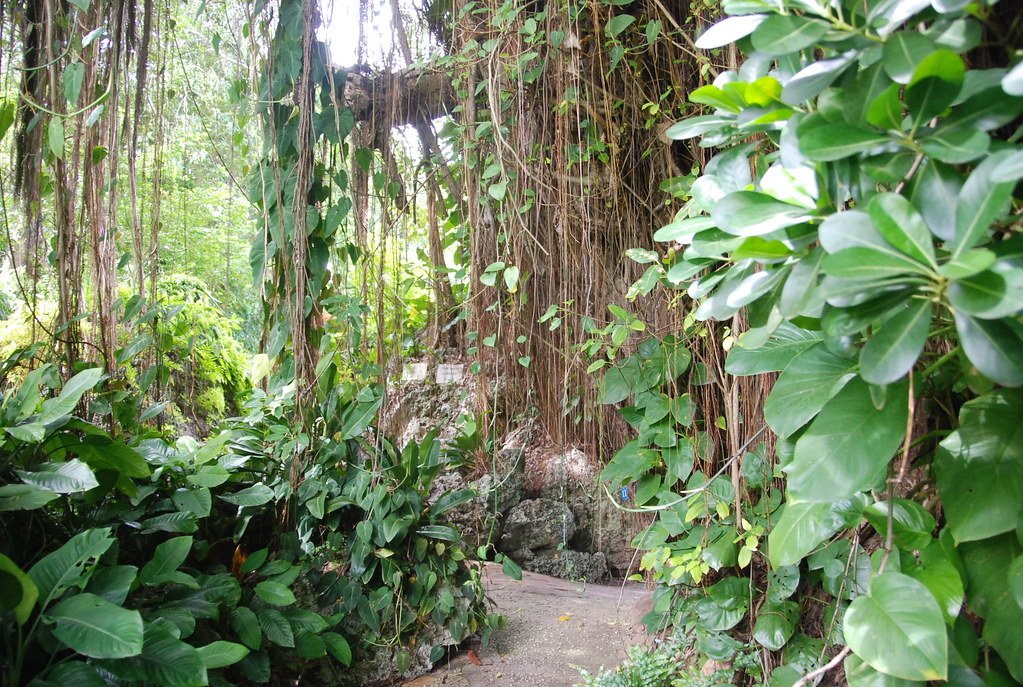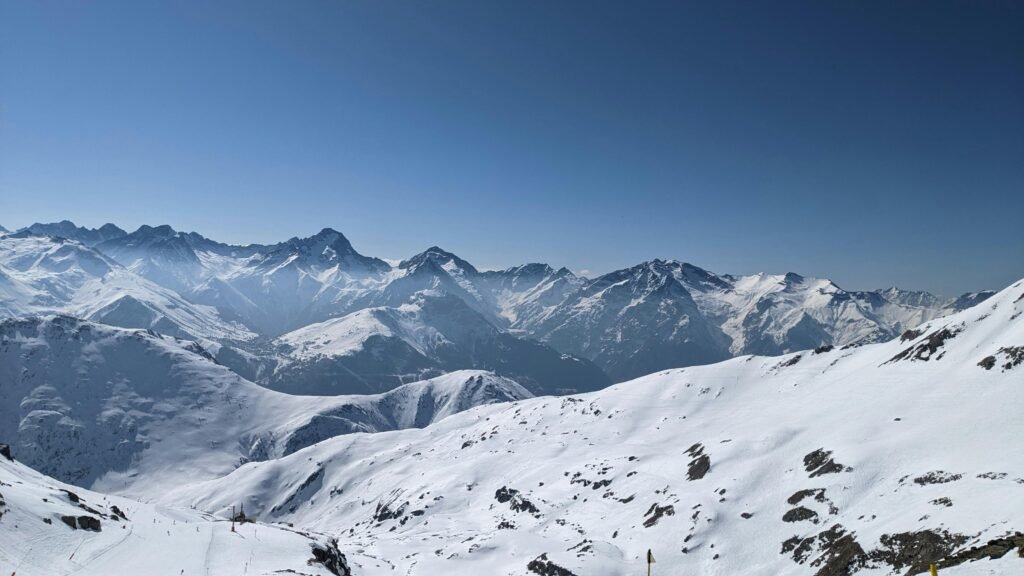Interesting country name origins
Argentina
People living in the land were wearing silver ornaments, so it was thought that there was a silver mine nearby. The river in the region was named “Río de la Plata,” meaning “River of Silver.” The country was named “Tierra Argentina,” meaning “Silvery Land.” Later, it got shortened to just “Argentina.”
However, the silver mountain was not found in this country but in Bolivia. Bolivia is home to Cerro Rico, or the “Rich Mountain.” It provided vast quantities of silver for the Spanish Empire during colonial times. Approximately 85% of the silver produced in the central Andes came from this mountain.
Australia
The term “Austral” originally meant “southern wind.” Travelers understood that there was a land in the south that had not been discovered, so they named it “Tierra Austral Incógnita,” meaning “Unknown Southern Land.” Later, it developed into just “Australia.” The word “Aus” mainly means “to shine.” The word “east” is derived from it, indicating two directions: east and south. As “Aus” means “shine,” it refers to the place of dawn or sunrise, which we call “east.” But how did the concept of “south” come about? When the sun rises, it illuminates and also provides heat. So, the meaning of “heat” became associated with “Aus.” In Italy, the southern wind is particularly hot in nature, which led to it being referred to as the “(hot) southern wind,” and eventually, the meaning became simply “south.” Interestingly, Australia is located in the southeast part of the map.
Austria
The name “Austria” combines two words: “Ost” (meaning “east” or “south”) and “Reich” (meaning “kingdom”). It translates to “Eastern Kingdom.” The word “Reich” carries a sense of both power and wealth. Initially, it was used to denote power, but later, it also came to represent wealth. From this, the word “rich” originated.
Porto Rico
The name was given by Christopher Columbus to the large bay on the north side of the island; he called the island itself San Juan. Over time, the name of the bay became the name of the island, and the town that grew up at the bay adopted the island’s name.
Costa Rica
As you mentioned, “Costa Rica” translates to “Rich Coast.” The Spanish colonizers believed that there was an abundance of gold in this region, which led to the country being named as such.
Comoros
Arabic sailors named it “Juzr al Qamar,” meaning “Islands of the Moon.” These islands appeared brighter during a full moon due to their natural features—white sandy beaches, lush vegetation, and volcanic peaks—becoming more pronounced and visible.
Cameroon
Travelers named a river beside this island “Río dos Camarões,” which means “River of Shrimps,” as they found many shrimp in the river. Later, the country adopted the name “Cameroon.”

Brasil
The “Pau Brasil” or “Brazilwood” tree was economically important for its use in dye-making. The word “brasil” means “red” or “ember,” referring to the dye. When Portuguese explorers arrived and found an abundance of these trees, they named the country after them.

Singapore
The name “Singapore” originated from a confusion between a lion and a tiger. 14th century Sumatran prince spotted a dangerous beast upon landing on the island after a thunderstorm, which he was told was a ‘lion’. Thus, the name Singapore comes from the Malay words “Singa” for lion and “Pura” for city.
It has been pointed out that lions have never lived in Singapore (not even Asiatic lions), and the beast seen by the prince was therefore suggested to be a tiger, most likely to be the Malayan tiger.
Barbados
The name means “the bearded one.” There is a fig tree in this country whose branches resemble a beard, hence the name.

Lebanon
“Leban” means white. The naming was due to the white mountain or Mount Lebanon.
Belarus
“Laban” and “Bel” both mean white, referring to “White Ruthenia.” Ruthenia denotes the land of the Eastern Slavic people. The exact reason for the “white” designation is not well-known.
Albania
“Albho” or “Alb” means white or “white hill.” Interestingly, both have a connection: when you climb high on a hill, everything appears white. The Alps, a mountain range in central Europe, directly links the word “alb” to mountains .

“Interestingly enough, the words ‘bel,’ ‘leban,’ and ‘alb’ are all related to white.”
Eritrea
Eritrea derives its name from its direct connection to the Red Sea. The Roman name for the Red Sea was “Mare Erythreum,” which comes from the Greek “Erythre Thalassa,” literally meaning “Red Sea.” The term “Erythro” means red, similar to how one of our blood cells is named “erythrocyte.” Now, why is the Red Sea named as it is? The Red Sea experiences periodic blooms of a blue-green algae called Trichodesmium erythraeum. These blooms turn the normally vivid blue waters into a reddish-brown hue. Some theories suggest that the name could also be linked to seasonal phenomena, where certain types of algae or microscopic organisms in the water bloom and give the sea a reddish tint. This natural occurrence might have been more noticeable in ancient times, leading to the sea being named after this occasional reddish coloration. Additionally, the word “erythra” could also mean “south,” as the Red Sea lies to the south of Egypt.
India
India is named after the river “Indu.” It could come from the word “sindhu,” which is the generic term for both “sea” and “river.”
West Indies
When Christopher Columbus arrived in the Caribbean region, he mistakenly believed he had reached India by traveling westward. Consequently, he referred to the indigenous people there as “Indians.” This name stuck, and the islands have been known as the West Indies ever since.
Indonesia
The term East Indies was first used to describe present-day India, Southeast Asia and Indonesia after Columbus called the islands on the Caribbean the West Indies. So in simple islands discovered near america in caribbean was called west indies as america is in the west and the region from persia to china was know as the east indies. But later it was realized that you cannot call all the region east indies because they have distinct culture so to make distinction nesia or island was used meaning indian islands